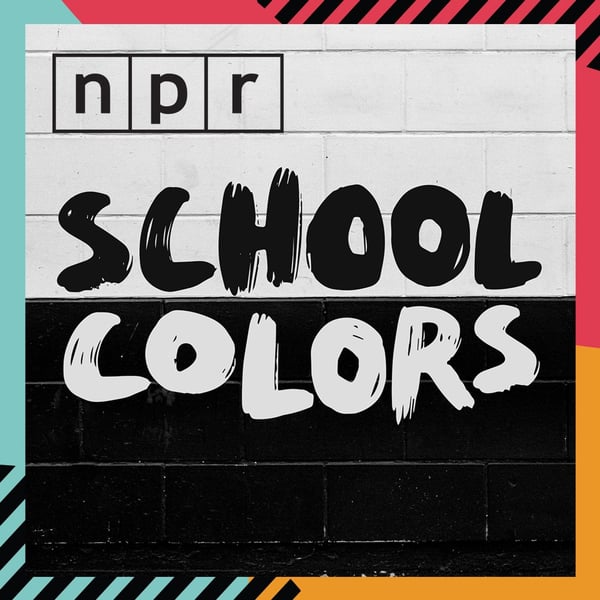S1 E4: "Agitate! Educate! Organize!"
School Colors
Brooklyn Deep
5 • 656 Ratings
🗓️ 11 October 2019
⏱️ 57 minutes
🧾️ Download transcript
Summary
Transcript
Click on a timestamp to play from that location
| 0:00.0 | In the late 1960s, the Brooklyn neighborhood of Ocean Hill Brownsville was at the center of a movement demanding community control of public schools. |
| 0:07.6 | The plan for community control was get people on the local school board but lived in the community, had children in the community. |
| 0:14.6 | Everybody in that community began to play a role in the schools. The school became the focal point of the community. |
| 0:21.5 | Oceanville was not just an instance of confrontation that was in fact a citywide symbol. |
| 0:27.5 | At least on paper, some might argue that they got what they were fighting for. The state created |
| 0:31.3 | 32 local school boards with something resembling independent decision making. But 32 years |
| 0:36.5 | later, it was all undone. |
| 0:38.7 | Today, as the state now prepares to do away with those boards, Ocean Hill Brownsville is quiet. |
| 0:44.9 | This is WNYC reporter Beth Furtig in July 2002. In fact, it seems the school boards are going out |
| 0:51.8 | with barely a whimper. Whereas the committee school Board of District 23 is on record for support the maintaining of school boards as a democratically elected governing structure. |
| 1:03.8 | Last week, members of Community School Board 23 in Ocean Hill Brownsville passed a resolution opposing the new state law which abolishes local boards. |
| 1:13.9 | Only 20 people attended the meeting in a school auditorium and all came for other items on the agenda. |
| 1:21.9 | How did this happen? How did we go from tens of thousands of people taking to the streets to demand control of their schools to, apparently, nobody giving a damn? |
| 1:33.0 | You're listening to School Colors, a podcast from Brooklyn Deep about how race, class, and power shape American cities and schools. |
| 1:45.2 | When New York City's local school boards were abolished, it was based on a couple of key |
| 1:48.9 | ideas. First, that 30 years of educational failure had proved that communities simply could |
| 1:54.4 | not be trusted to govern their own schools. And second, that, well, parents were not really |
| 1:59.5 | interested in governing their schools anyway. |
| 2:01.6 | But the truth is more complicated. |
| 2:03.6 | In the wake of the 1968 teachers' strikes, |
| 2:06.6 | Black people in central Brooklyn continued to fight for self-determination in education, |
| 2:11.6 | both inside and outside of the public school system. |
... |
Please login to see the full transcript.
Disclaimer: The podcast and artwork embedded on this page are from Brooklyn Deep, and are the property of its owner and not affiliated with or endorsed by Tapesearch.
Generated transcripts are the property of Brooklyn Deep and are distributed freely under the Fair Use doctrine. Transcripts generated by Tapesearch are not guaranteed to be accurate.
Copyright © Tapesearch 2025.

